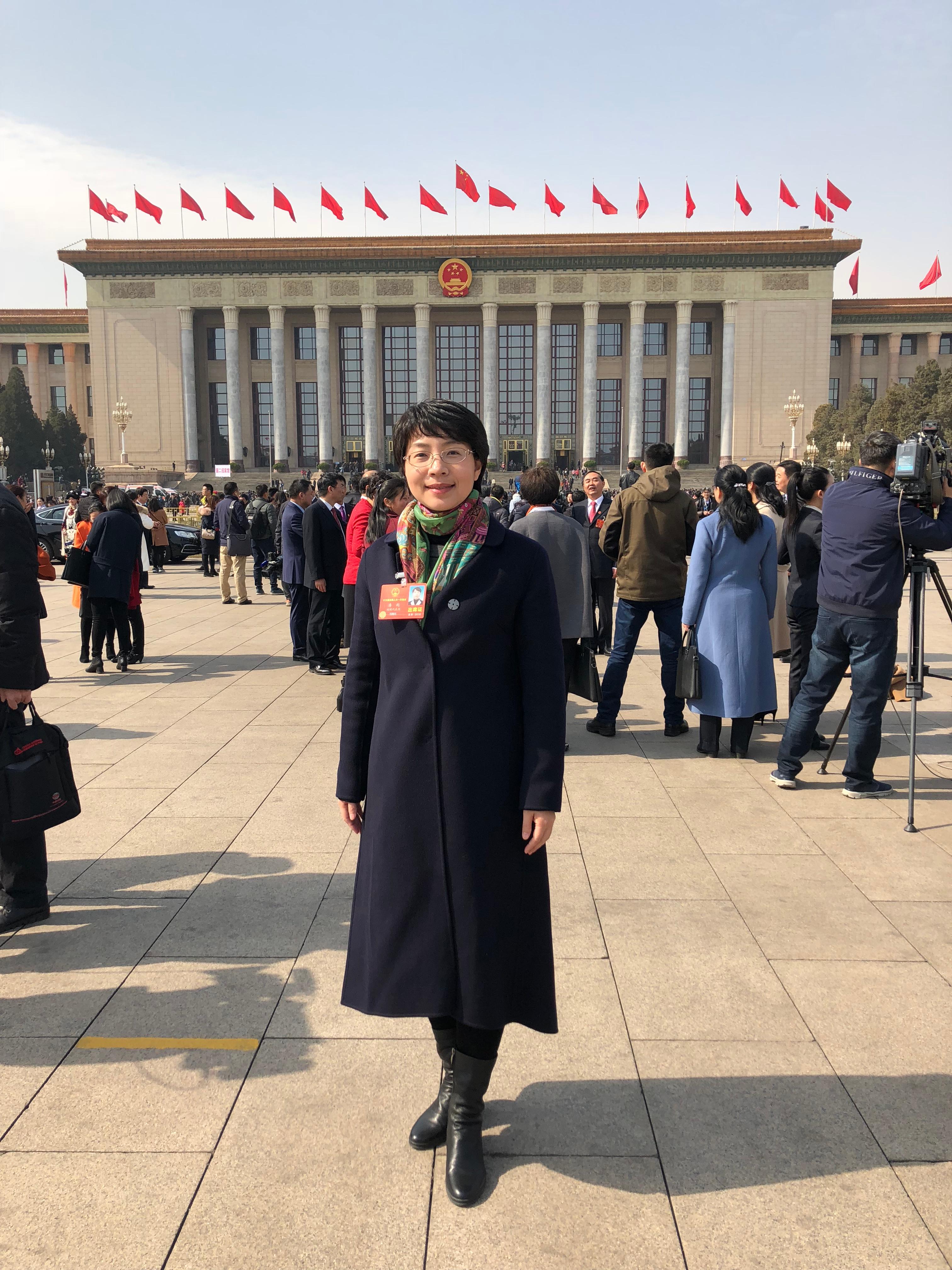Better legislation contributes to China's economic growth
- By Zhang Liying
 0 Comment(s)
0 Comment(s) Print
Print E-mail China.org.cn, March 13, 2018
E-mail China.org.cn, March 13, 2018
China's improved legislation has been contributing to the development of the socialist market economy, said Pan Yue, a professor from Xiamen University on Monday at a panel discussion of Fujian delegation during the ongoing first session of the 13th National People's Congress (NPC) held in Beijing.

She used the example of the new laws on property rights (PR) protection to illustrate the role of legislation in boosting its economic development.
"The enactment and revision of laws on PR protection has incentivized enterprises to make innovations, and boosted the rise of many world-famous technology companies such as Huawei, Tencent and Alibaba," Pan said.
Pan, also a deputy to the 13th NPC said she was impressed by the substantial progress made by the 12th NPC and its Standing Committee and the progress would help refute the long-standing argument held by some western economists that China's legislation was far from established enough to support its economic development.
In 1998, several scholars led by American economist Rafael La Porta published a research report named Law and Finance in the Journal of Political Economy, explaining the decisive role of legislation in economic development.
"However, China was not among the 200-plus subjects of the influential research, and today the scholars still contend that China's legislation is very weak," she said, while suggesting that western academia should look at China's legislation from a dynamic perspective.
The professor of finance said she was conducting research on the relationship between China's enhanced legislation and its economic development, which aims to demonstrate China's progress in strengthening legislation for the economy through the use of statistics.
According to the report delivered by Zhang Dejiang, chairman of the NPC Standing Committee last Sunday, in the past five years, China's top legislature has enacted the Environmental Protection Tax Law, the Tobacco Leaf Tax Law, the Vessel Tonnage Tax Law, the Tourism Law, and the Asset Appraisal Law; revised the Law on Corporate Income Tax, the Anti-Unfair Competition Law, the Law on Promoting Small and Medium-Sized Enterprises, the Law on Farmers' Specialized Cooperatives, the Law on Promoting the Application of Scientific and Technological Advances, the Standardization Law, the Trademark Law and the Advertising Law, as well as examined and overhauled laws on property rights protection.






Go to Forum >>0 Comment(s)